Developers are able to efficiently install, update, configure, and manage software libraries and dependencies with the help of package managers, which are essential tools for modern software development. In tandem with the development of programming ecosystems, the tools that we employ also undergo change. In the year 2025, there are a few package managers that immediately stand out due to their speed, security, community support, and cross-platform capabilities.
List Of Top 10 Best Package Managers In The World 2025
1. Npm

The landscape of web development is constantly shifting, and efficiency and modularity are becoming increasingly important. npm, which is an abbreviation for “Node Package Manager,” is the default package manager for Node.js, which is a JavaScript runtime environment that is widely used. It is the driving force behind this dynamic ecosystem. Since it was first released, npm has completely altered the way in which developers construct, share, and manage code. As a result, it has become an indispensable tool in the field of contemporary web development.
2. NuGet
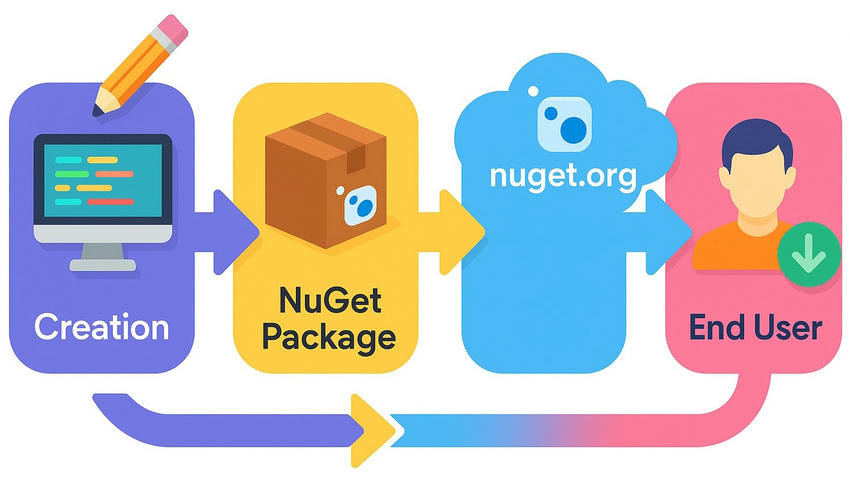
Streamlining workflows, managing dependencies, and increasing productivity are all areas in which package managers play a crucial role in the modern software development landscape. As the primary package manager for.NET applications, NuGet stands out as the most prominent option for developers working within the Microsoft ecosystem. NuGet is a tool that was developed by Microsoft that streamlines the process of incorporating third-party libraries, facilitating code sharing, and ensuring compatibility across a wide range of.NET projects.
3. RPM Package Manager

Within the realm of Linux, effective software management is absolutely necessary in order to keep a system that is both stable and secure. RPM, which stands for Red Hat Package Manager, is one of the most powerful and effective tools that can be utilised for this purpose. Red Hat is the company that initially developed RPM, and it has since become the de facto standard for package management across a variety of RPM-based distributions. These distributions include Fedora, CentOS, and Red Hat Enterprise Linux (RHEL).
4. APT

When it comes to Linux, effective software management is absolutely necessary in order to keep the operating system stable and secure during its lifetime. A powerful tool known as APT (Advanced Package Tool) is utilised by Debian-based distributions, including but not limited to Debian, Ubuntu, Linux Mint, Kali Linux, and a multitude of other distributions, in order to manage software responsibilities. The Advanced Package Manager (APT) streamlines the process of installing new programs, upgrading existing packages, and maintaining the security of your system by installing updates. It does this by providing speed, consistency, and an easy-to-use interface.
5. Aptitude

Package management is an essential component of contemporary Linux distributions. The Advanced Packaging Tool (APT) offers a powerful backend for Debian-based systems, allowing for the installation, removal, and maintenance of software packages. Aptitude is a powerful tool that provides a text-based user interface (TUI) in addition to advanced command-line capabilities. It is considered to be one of the most comprehensive and user-friendly frontends for Advanced Persistent Threat (APT).
6. Pardus

Pardus is a Linux distribution that was developed in Turkey as part of a national initiative to create a dependable, secure, and customisable operating system that is tailored to the requirements of Turkish institutions, public organisations, and users. Pardus, which was initially released in 2005 by the Turkish National Research Institute of Electronics and Cryptology (UEKAE), which is a division of TÜBİTAK (The Scientific and Technological Research Council of Turkey), has transformed from a Linux project that was considered a niche project into a symbol of open-source sovereignty and technological independence.
7. Helm
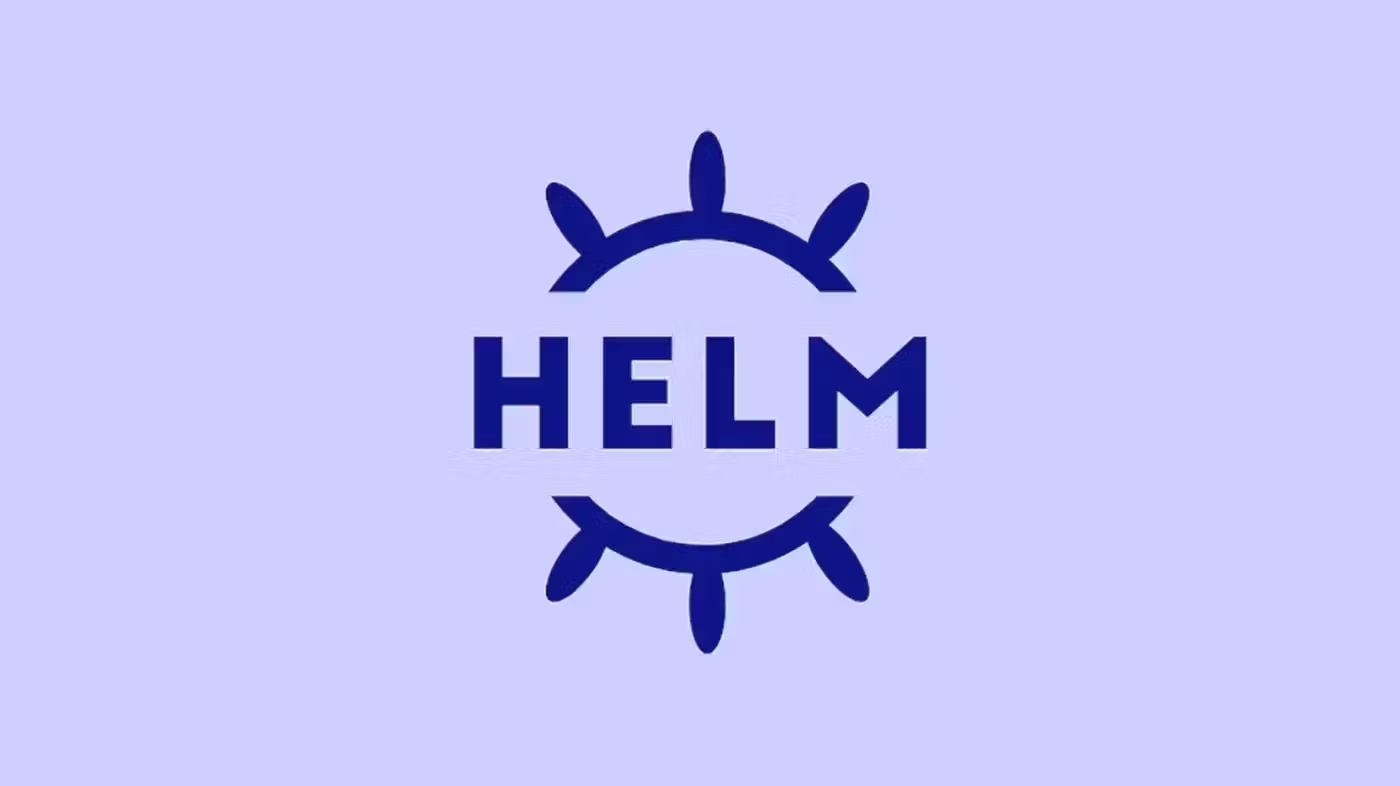
Kubernetes has become the de facto standard for orchestrating containerised applications in the realm of cloud-native software development. On the other hand, managing Kubernetes applications can be difficult and error-prone, particularly when done at a large scale. In this situation, Helm comes into play. Helm, which is frequently referred to as the “package manager for Kubernetes,” is a cloud-based application that simplifies the deployment, configuration, and management of applications within Kubernetes clusters by utilising charts, which are reusable packages.
8. Yarn
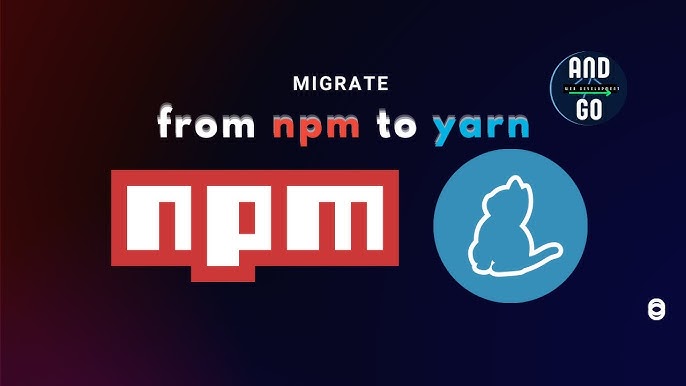
Management of dependencies is an essential component of any modern web or backend project, and it is an integral part of the JavaScript ecosystem. For many years, the tool that was considered to be the default for installing and managing Node.js packages was npm, which stands for “Node Package Manager.” On the other hand, developers started struggling with problems that were associated with speed, inconsistent installation, and the resolution of dependencies. In response to these challenges, Facebook has introduced Yarn, a package manager that is deterministic, secure, and quick. It was designed to be a robust alternative to the package manager known as npm.
9. Cargo

The popularity of Rust among developers has skyrocketed in recent years due to its stellar performance, high level of safety, and cutting-edge tooling. Cargo, the official package manager and build tool for Rust projects, is at the core of Rust’s robust and user-friendly ecosystem, which is a significant reason for the success of the Rust programming language.
10. Nix
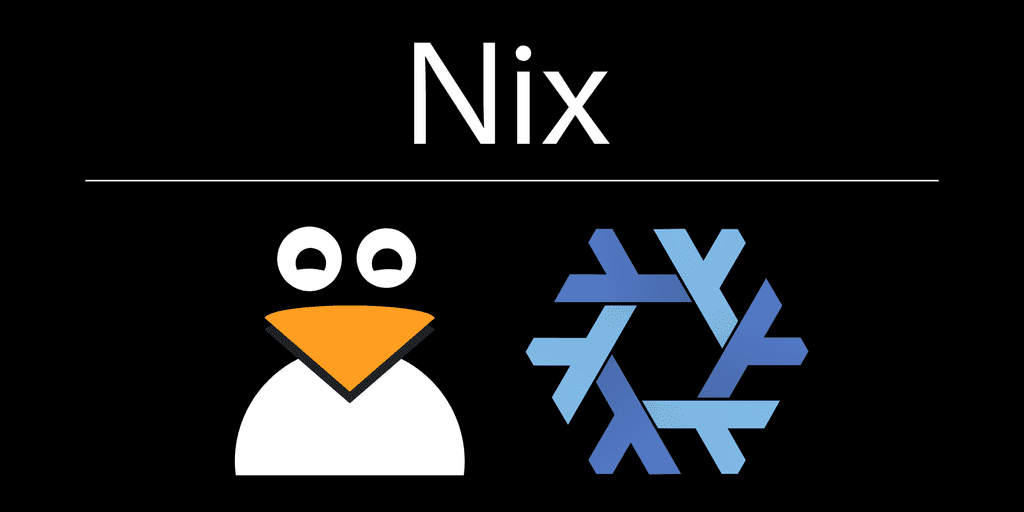
The task of managing software packages and dependencies across a variety of systems and environments can be a challenging and error-prone endeavour. This complexity frequently leads to problems such as “works on my machine,” conflicting dependencies, and difficulties in maintaining environments that are consistent. Introducing Nix, a robust package manager that is compatible with multiple platforms and was developed to address these concerns by placing an emphasis on reproducibility, isolation, and declarative configuration.






6zvijx
1en4d4
befvz8
I went over this web site and I believe you have a lot of good information, saved to fav (:.